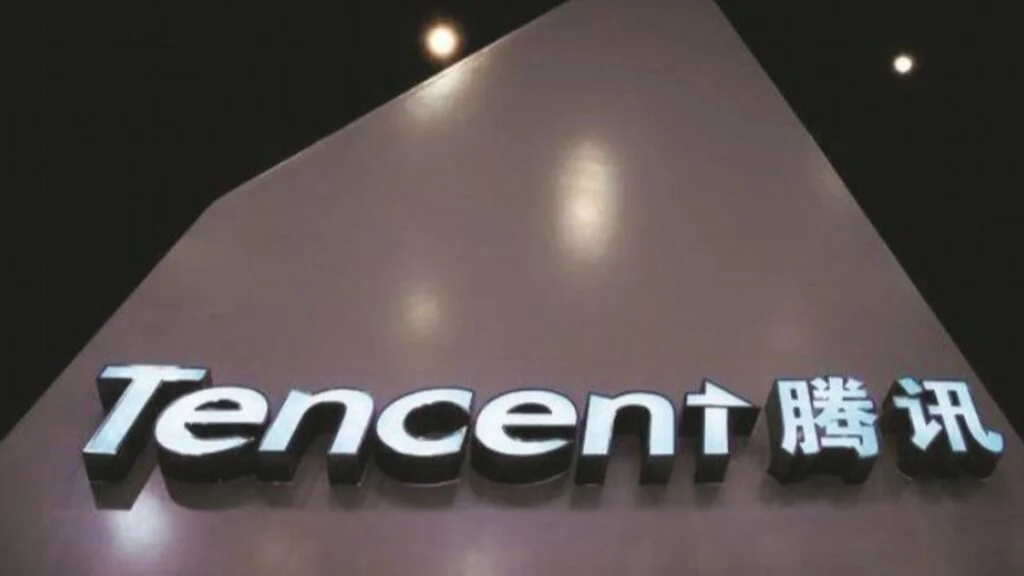Due to the economic downturn, Chinese tech giant Tencent Holdings is reportedly ditching its plan to manufacture VR gear.

The extended reality (XR) unit of Tencent’s metaverse project, according to Reuters, which cited three persons with knowledge of the situation, lacked applications to make it commercially viable.
The corporation initially predicted the project would take around five years to become viable, according to the sources. Nevertheless, growing concerns about a global recession and the significant investment necessary to create a competitive product rendered the proposal unworkable.
Due to regulatory pressure and challenges brought on by efforts to suppress the COVID-19 virus in China, the world’s largest software manufacturer endured one of its most challenging years since its establishment.
Tencent reportedly intended to buy gaming phone company Black Shark in order to improve its VR hardware capabilities. A change in its strategic business goals, heightened regulatory monitoring, and concern over a drawn-out review procedure are said to have led the Chinese software firm to withdraw from that arrangement.
On February 6, reports out of Hong Kong claimed that Tencent had encouraged a number of XR unit employees to look for work elsewhere. The largest video game publisher in the world reportedly gave the employees two months to find new jobs, either at Tencent or elsewhere, as the unit is scheduled to be liquidated.
In order to lead its foray into the fledgling metaverse market, Tencent established the XR unit in June 2022. With this product, the company hoped to make its debut in the production of virtual reality technology for video games and social networking applications.
In the same year when massive tech companies like Microsoft and Meta announced intentions to build their own metaverses and VR devices, there was a rise in interest in the Metaverse on a worldwide scale.
According to one of the insiders cited by Reuters, Tencent experimented with VR technology in 2016 for a brief period of time. However, significant developments in display and pancake lens technology in 2021 led to a resurgence of interest in the subject.
The insider went on to say that another driver was Meta’s financial success with its Quest headgear. Tencent’s decision to scale back its plans for the metaverse coincides with similar cutbacks at other Internet firms like Meta and Google.
